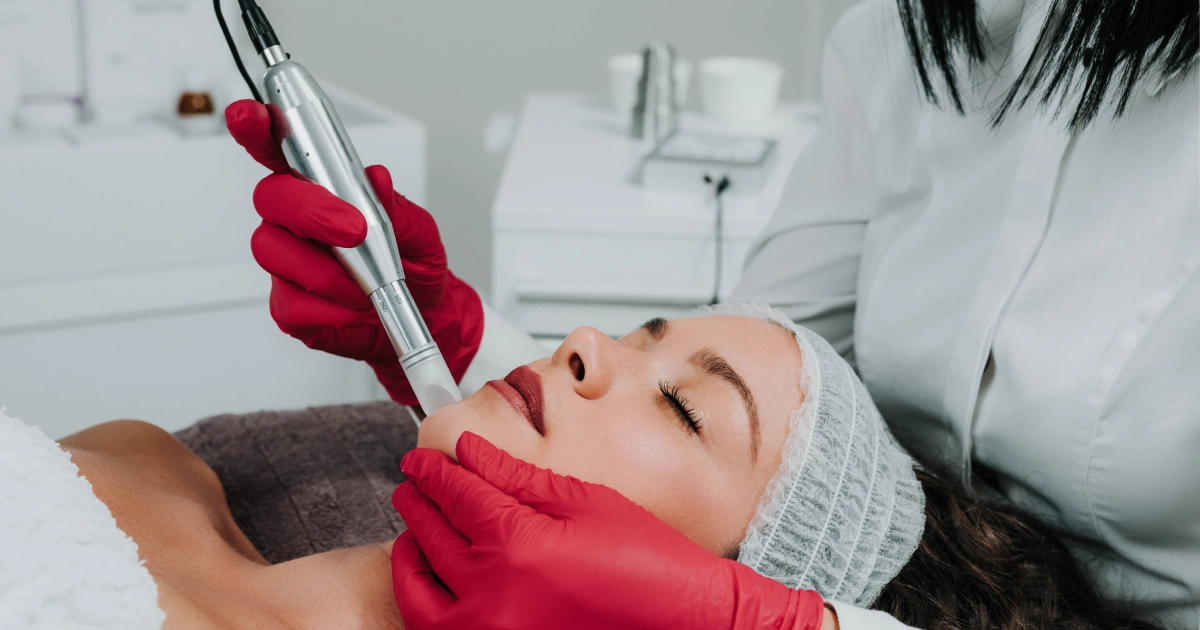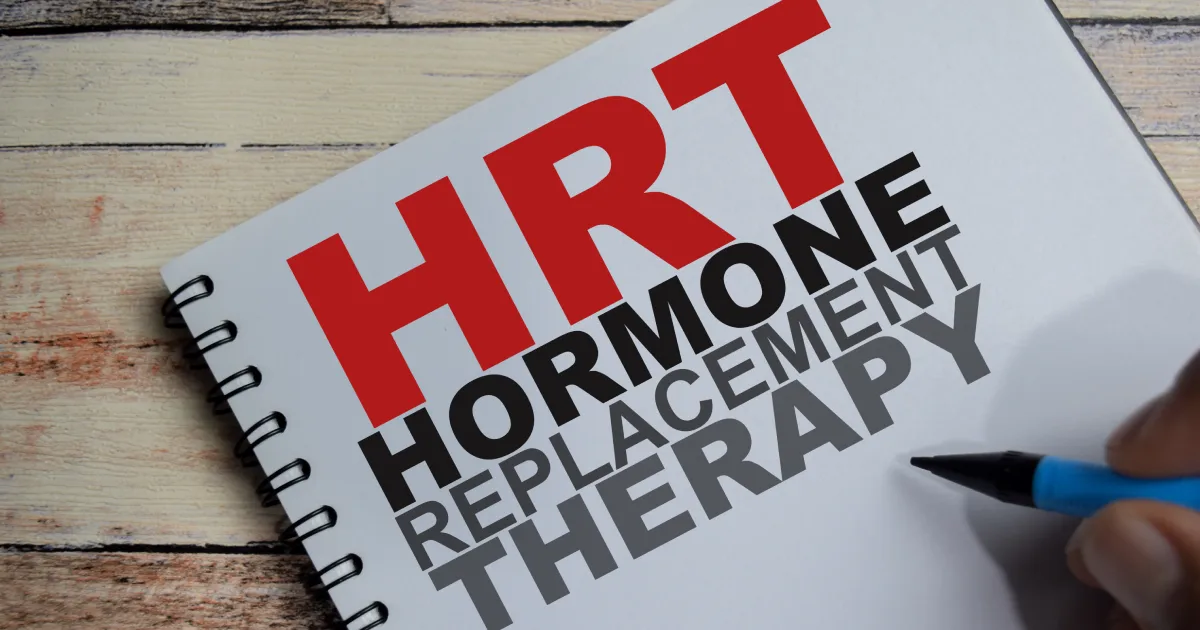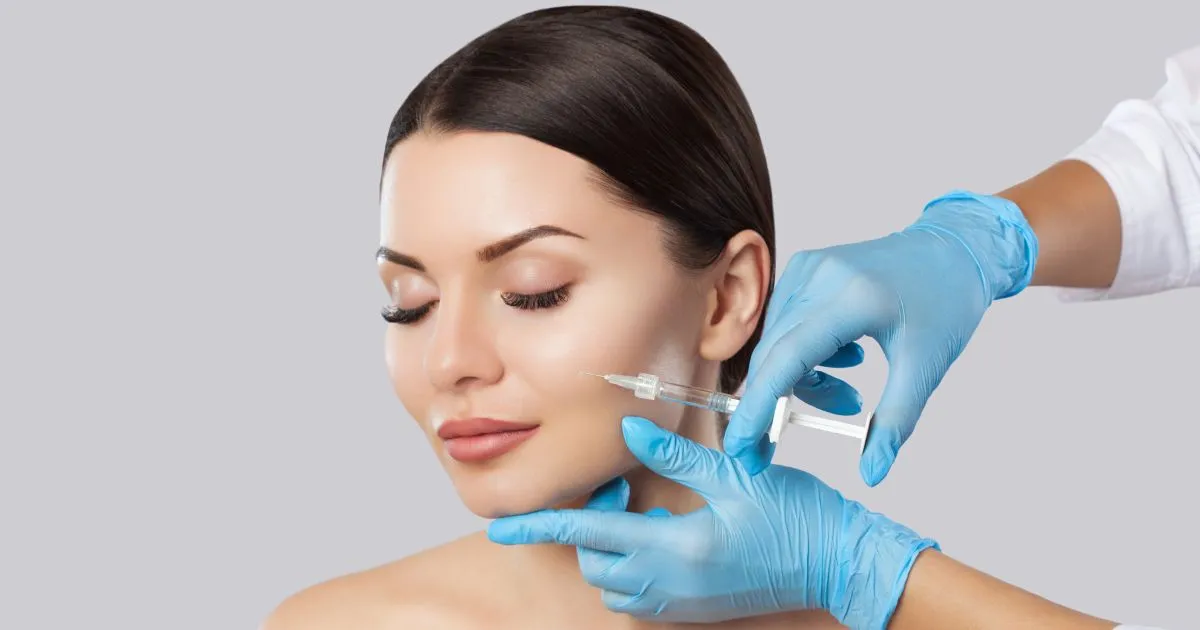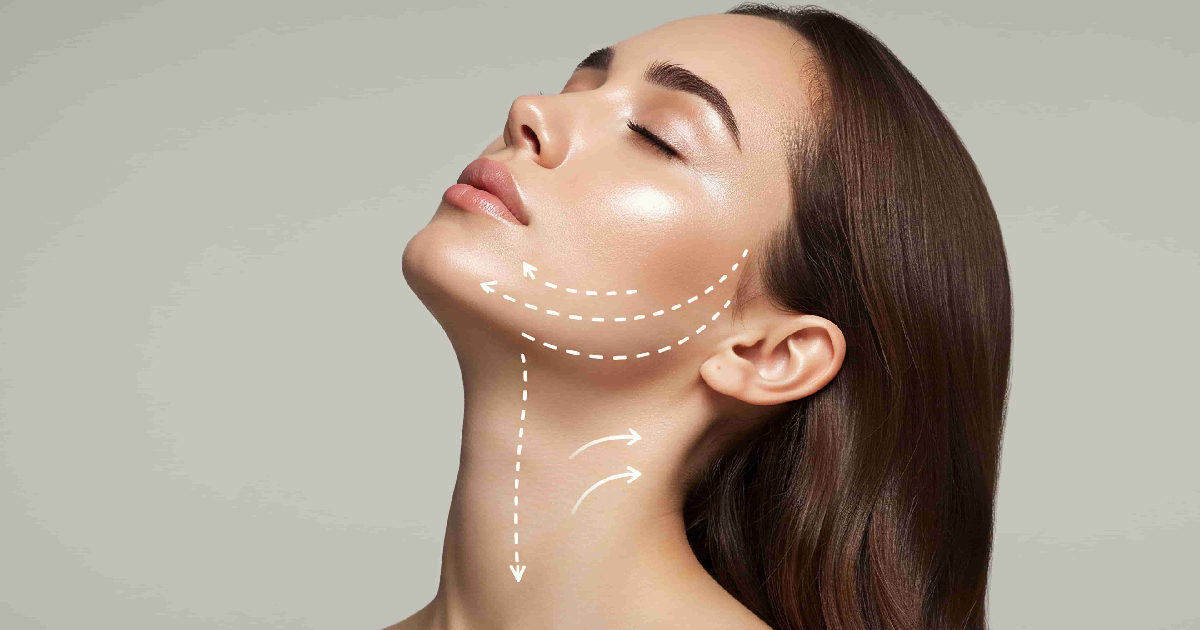
Hormone replacement therapy (HRT) has become a popular option for managing hormonal changes, particularly in women going through menopause.
It works by introducing synthetic hormones to compensate for the body’s natural decline in production. While HRT offers relief from many menopausal symptoms, it’s important to be aware of its potential downsides.
Weighing the Risks: Increased Cancer Risk
One of the main concerns surrounding HRT is its potential link to certain cancers. Studies suggest that long-term estrogen use, particularly without progesterone, can slightly increase the risk of breast cancer.
This doesn’t mean HRT automatically gives you cancer, but it’s a conversation to have openly with your doctor. They can identify individual risk factors and recommend the safest HRT for you.
Here’s the key takeaway: The risk of cancer from HRT depends on several factors, including your age, health history, and the type and duration of HRT used. Don’t be afraid to ask your doctor for a personalized risk assessment.
Blood Clots and Stroke: A Potential Threat
Another potential downside of HRT is the increased risk of blood clots and stroke, particularly with oral HRT medications. While the risk is still relatively low, it’s important to be aware of it, especially if you already have risk factors for these conditions.
Here’s what to do: Discuss your medical history with your doctor. If you have a history of blood clots, stroke, or high blood pressure, they may recommend alternative HRT methods like patches or gels, which carry a lower risk.
Not Just for Women: Men and HRT (TRT)
While HRT is often associated with women, it’s not exclusive to them. Men experiencing testosterone deficiency can also benefit from testosterone replacement therapy (TRT). However, TRT comes with its own set of potential side issues.
Men on TRT may experience:
- Increased risk of prostate problems
- Sleep apnea worsening
- Shrinking testicles
Again, the key is open communication with your doctor. They can help you weigh the potential benefits of TRT against the risks and determine if it’s the right course of action for you.
Not All HRT is Created Equal: Understanding Different Types
Firstly, it’s important to understand that HRT isn’t a single medication. Different types are used, and how they’re delivered can also impact potential side effects.
- Estrogen and Progesterone: This is the classic combination HRT used for managing menopausal symptoms. Estrogen helps alleviate hot flashes, night sweats, and vaginal dryness, while progesterone protects against endometrial cancer (cancer of the uterine lining) if you still have your uterus.
- Estrogen Alone: This approach is only suitable for women who’ve had a hysterectomy (removal of the uterus). Without progesterone, there’s an increased risk of endometrial cancer.
- Delivery Methods: HRT comes in various forms like pills, patches, gels, creams, and vaginal rings. Each method has its own pros and cons in terms of side effects and absorption.
The bottom line: By understanding the different types and delivery methods of HRT, you and your doctor can find the option with the lowest potential risk profile for you.
Individual Risk Factors: You’re Not a Statistic
The research on HRT and increased cancer risk often gets presented as a scary one-size-fits-all picture. But the reality is, your individual risk factors play a significant role.
Here’s what matters: Your age, family history of certain cancers, weight, and lifestyle choices all influence your overall risk. A healthy woman with no family history of cancer may have a much lower risk of developing cancer from HRT compared to someone with a high-risk profile.
Side Effects: Managing the Discomfort
We mentioned some common side effects of HRT earlier, but let’s address them in a more practical way. Breast tenderness, for example, can be uncomfortable, but you can do some things to help. Wearing a supportive sports bra and using soothing creams can help. Similarly, irregular bleeding usually settles down within a few months of starting HRT.
Here’s the good news: Most side effects are mild and temporary. Open communication with your doctor is key. They can adjust your dosage or recommend alternative HRT methods to minimize these discomforts.
Remember, finding the right HRT approach might involve some trial and error. Be patient with your body and work with your doctor to find the best solution for you.
HRT and Your Mental Wellbeing: Not Just Physical Effects
Hormonal changes can significantly impact your mood. During menopause, some women experience increased anxiety, depression, and brain fog. HRT can be a valuable tool in managing these emotional changes. Studies show that HRT can help improve mood, focus, and overall well-being.
This is important: Don’t dismiss the emotional benefits of HRT. If you’re struggling with mood swings or feeling forgetful, talk to your doctor about whether HRT could help.
The Importance of Monitoring and Regular Check-Ups
Once you start HRT, regular check-ups with your doctor become even more important. This allows them to monitor your progress, address any side effects, and adjust your HRT regimen.
Here’s what to expect: Depending on your HRT type, you might need blood tests, mammograms, or pelvic exams at regular intervals. These check-ups are crucial for ensuring your safety and optimizing your HRT experience.
The Bottom Line: Weighing the Pros and Cons
HRT can be a valuable tool in managing hormonal changes, but it’s not a one-size-fits-all solution. Understanding the potential negative effects empowers you to make informed decisions about your health.
Here’s the important part: Don’t let the potential downsides of HRT scare you away from exploring this option altogether. Talk openly with your doctor. They can help you weigh the risks and benefits of HRT and determine if it’s the right approach for you.
Ready to Discuss Your Options?
Book an appointment with us here at Skin + Ivy Wellness. Our team of qualified healthcare professionals can guide you through the world of HRT and help you find the best solution for managing your hormonal changes and achieving optimal well-being.
While we’ve covered the major potential downsides of HRT, there’s more to the story than just headlines. Let’s delve deeper and unpack some of these clear and relatable concerns. We also have a self-assessment test that you can try.





